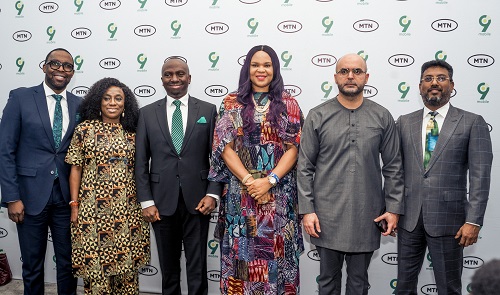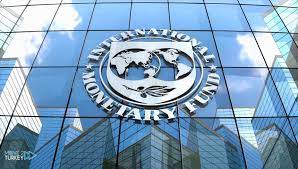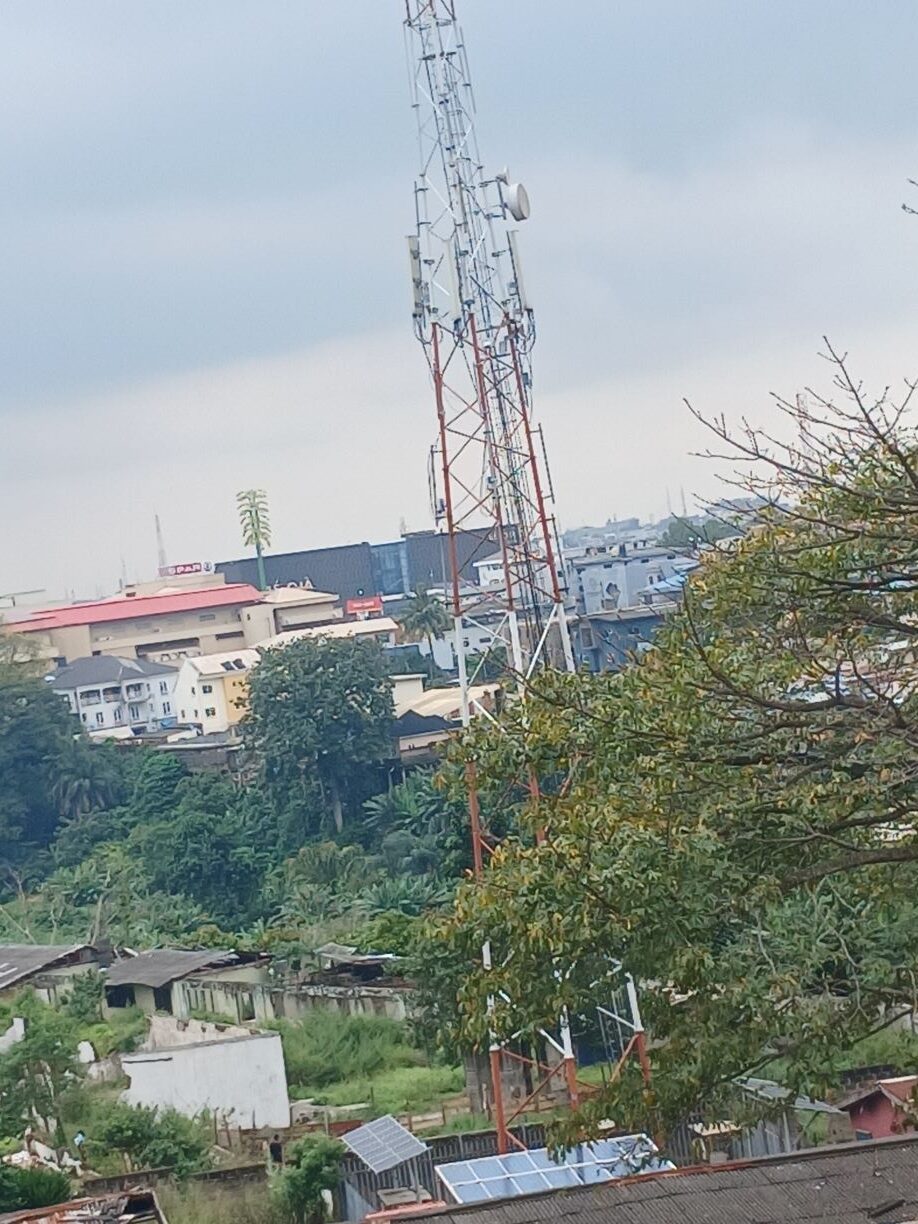AFRICA’s richest oil giant, Nigeria, has suffered some 105 power grid collapses over the last 10 years with no solution to end the recurring decimal in sight, according to industry body, the Lagos Chamber of Commerce and Industry (LCCI).
After a series of reforms in the power sector that led to the sale of the power octopus to private investors with the Federal Government still holding tight to the transmission aspect of the value chain and a punitive tariff regime that has further sank the average citizens on the poverty ladder, Nigeria with over 200 million people generates 4,500megawatts (Mw) of electricity which is insufficient to run a single factory line in China.
LCCI Director-General, Dr. Chinyere Almona in a statement, expressed worries that this year alone, the nation has recorded eight grid collapses, with three being recorded within a week.
Nigeria is a highly endowed country with everything she requires to generate electricity be it natural turbine (gas), hydro, wind, solar and other such alternatives but had been cursed by visionless leadership. According to figures from Nigerian Upstream Petroleum Regulatory Commission (NUPRC), as of January 1, 2024, the combined reserves of crude oil and condensate reached 37.50 billion barrels, while the reserves of Associated Gas and Non-Associated Gas stood at 209.26 trillion cubic feet (Tcf).
The total reserves of oil and condensate were recorded at 31.56 billion barrels and 5.94 billion barrels, respectively.
This huge gas reserves have been flared by multinational oil companies that would rather pay flaring fine than convert the gas to economic use.
The LCCI Director-General said: “The worsening performance of the national grid is an issue of concern to the business community. Reasons for the recent collapses were more about the explosion of transformers, unexpected tripping of power generating stations, and other technical malfunctioning. Currently, the national grid only generates about 4,500Mw of electricity for over 200 million people. Meanwhile, South Africa generates about 50,000Mw of electricity to service about 59 million people.”
She wondered why the managers of the economy have not learnt enough lessons from the incessant power grid collapse and restoration efforts.
According to her, by now after numerous failures, the power sector managers ought to have identified the root causes and found lasting solutions.
Almona regretted that it appeared that there is no clear understanding of these causes or lessons learnt from the restoration processes.
She stressed that the Chamber is troubled by the apparent lack of such understanding among regulators in the power sector.
According to her, the Nigeria Electricity Regulatory Commission (NERC), in its second quarter (Q2) 2024 report, revealed that meter installation by electricity distribution companies (DisCos) dipped by as much as 60.86 per cent.
Furthermore she stated that only 49,188 meters were installed during the period, making a 60.86 percent decline from the 125,664 meters installed in the first quarter.
She urged the government to stay on course with the reforms in the power sector, especially the metering targets that were earlier set.
Dr Almona called on NERC to create a conducive regulatory environment for the Electricity Distribution Companies (DisCos) to utilize a mix of all the meter financing frameworks outlined in the 2021 Meter Asset Provider (MAP) and National Mass Metering Programme (NMMP).
“Looking at the opportunities available from a stable national grid, we see the benefits to businesses in Nigeria in terms of lowering the cost of production, which will also make Nigerian products more competitive in the international markets. A stable power supply can also make us earn more foreign exchange earnings from supplying electricity to neighboring countries. The 2023 Annual Report of NERC showed that International bilateral customers from countries such as Niger, Benin, and Togo made a total payment of $50.36 million to the Nigerian Electricity Supply Industry (NESI) for electricity distribution in 2023,” she said.
She acknowledged the ongoing efforts and reforms in the power sector and expected the government to stay focused on delivering on them quickly. With businesses suffering from the burden of poor power supply, we need quick intervention actions to salvage the situation.
” We urge the government to consider the privatization of the national grid and support more efforts to scale up metering in the coming months.”
According to her, finding a lasting solution to the perennial poor power supply and the recurring collapse of our national grid desire the government to create the needed conducive regulatory environment, extend concessionary credit to operators in that sector by offering import waivers, and collaborating with the private sector to work together in policy formulation and implementation.






